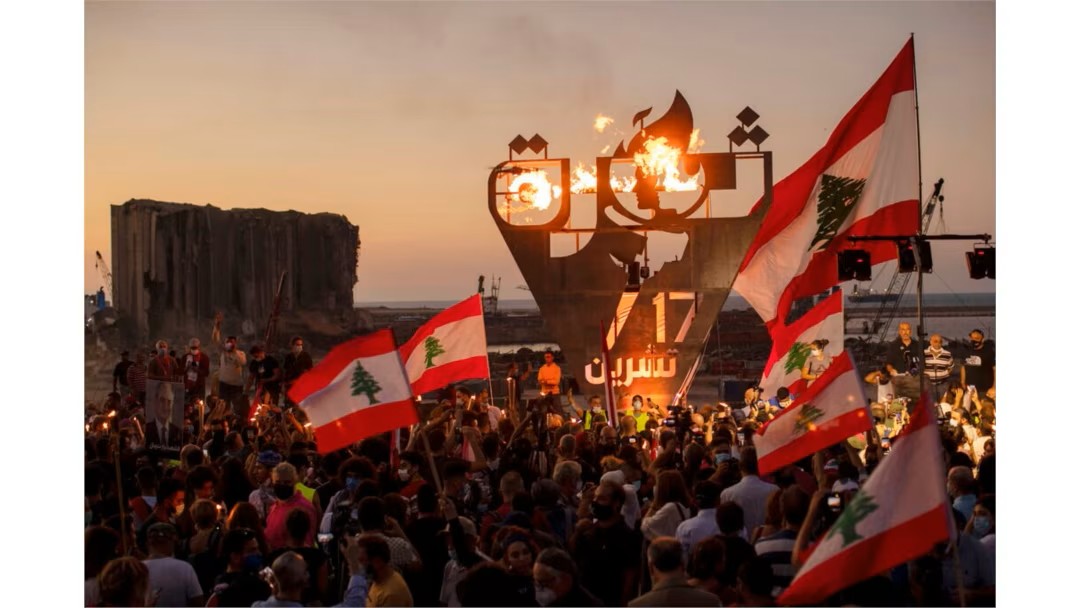
This past week, USJ became a vibrant space for reflection, dialogue, and activism through two powerful events organized by the Empowerment Club and its partners. Held on May 27 and 28, these days were more than just campus activities: they were moments of awakening, reminding students and guests alike of the many ways activism can take shape in Lebanon today.
On Tuesday, May 27, acclaimed filmmaker Myriam El Hajj screened “Diaries from Lebanon” (متل قصص الحب), offering the audience an intimate yet strikingly collective immersion into the heart of Lebanon’s enduring struggles. Blending personal narratives with powerful political undertones, the film served as both a mirror and a memory — reflecting truths often left unspoken and experiences too easily erased.
The post-screening conversation between the director and cultural figure Rabih Haddad deepened this emotional resonance, underscoring cinema’s unique ability to document, resist, and heal. In a country where memory is fragmented and constantly contested, the dialogue reminded us of the importance of preserving lived truths that we tend to silence, creating a collective amnesia.
The following evening, on May 28, the Empowerment Club, in collaboration with the Secular Club, organized at CSS Huvelin, “Activism in Politics Through Different Lenses” , a panel that brought together four compelling voices: filmmaker Myriam El Hajj, investigative journalist Riad Kobaissi, stand-up comedian Ahmad Seifeddine, and Faten Abou Chacra, advocacy manager at KAFA. Each of them offered a different, but equally impactful, perspective on activism. Whether through investigative reporting, comedy, visual storytelling, or grassroots advocacy, the message was clear: political engagement doesn’t look just one way.
The diversity of approaches sparked honest conversations about risk, resistance, realities we tend to ignore, and the role of the public voice in building a better society. For many attendees, especially students, it was a chance to see that activism is not limited to protests or statements: it can live in art, laughter, truth-telling, and everyday courage.
Together, these two events captured the essence of what activism means today: using the tools, talents, and platforms we have, we must push for justice, amplify the unheard, and spark collective change. In a context like Lebanon’s, where civic space often feels fragile, such spaces for dialogue are not just valuable, they are essential. When the system fails to protect, and silence is the safer choice, speaking up is the more powerful form of collective resistance.